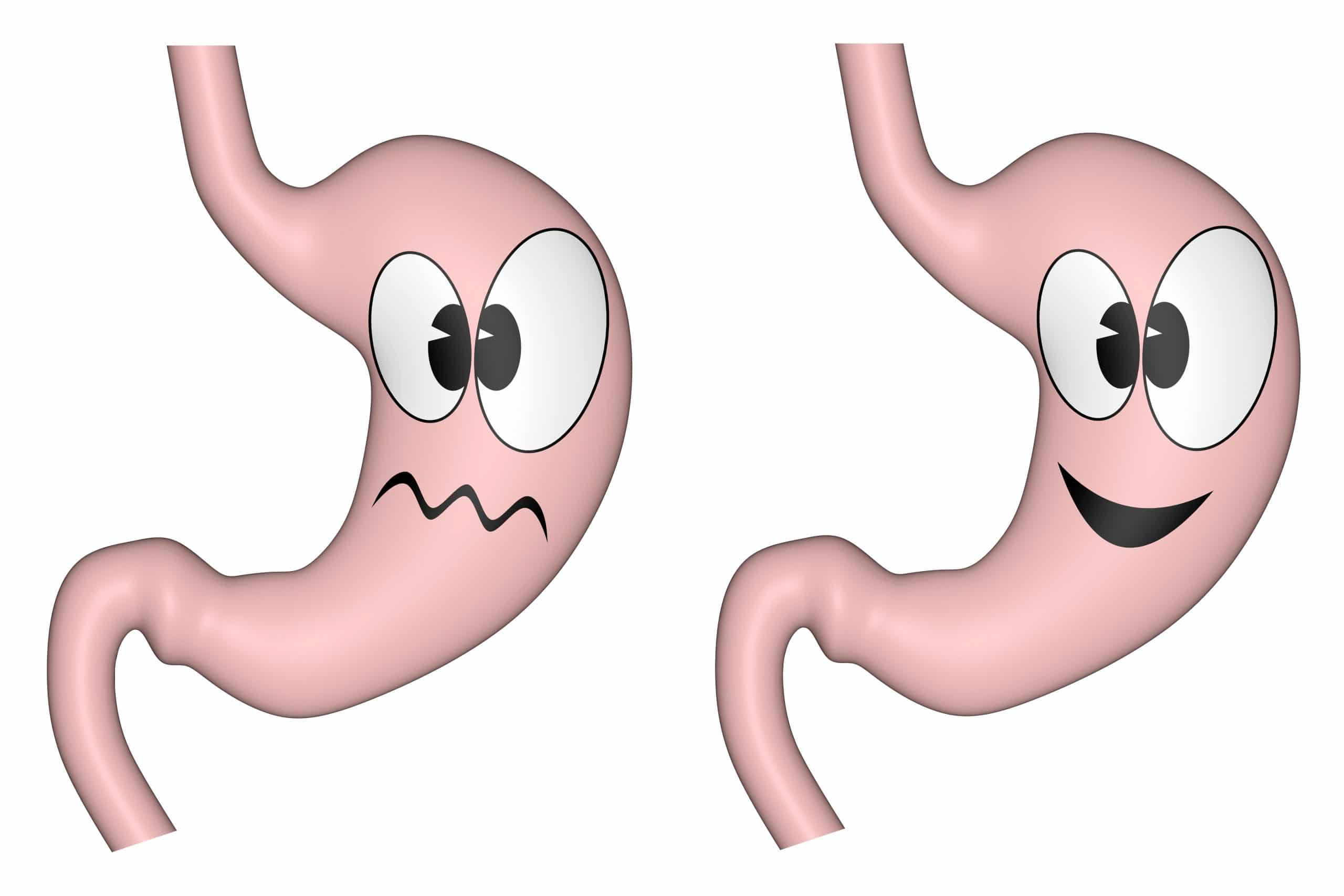Often embarrassing and uncomfortable, constipation is a condition that occurs when an irregular bowel movement is observed. When the stool is lumpy, dry or difficult to pass, it is a sure sign of its affliction. This usually happens when the colon reabsorbs large quantities of water, or if the muscles in the colon are contracting slowly, causing dryness.
Regular bowel movements are a necessity in running a healthy digestive system. Differing from individual to individual, some people have bowel movements thrice a day whereas some do not make it to even three times a week! If one goes more than three days without relieving themselves, it is usually considered too long, and the necessary remedies are recommended.
Laxative sales are on an all-time high pointing towards the fact that millions of people are affected by this condition regularly. Home remedies are used to solve these issues and are quite often effective. Other times, laxatives and other tablets or gels are prescribed and help in slightly more stubborn cases. Dulcoflex is a suppository for stool softening, used in the treatment of constipation and prevents dry stools. Dulcoflex uses also include emptying of bowels before certain medical procedures and regular bowel preparations.
Symptoms are usually easy to identify due to the common occurrence of the condition. Some of these are;
- Unsuccessful Evacuation — When passing stools feels strained and unsatisfactory even after using the toilet.
- Hard and Dry Stools — When the stool is hard, dry, lumpy and sometimes even painful during the act
- Irregular Stool Passing — When one goes more than three days without bowel evacuation. Once a day is a must for a healthy bowel movement.
- Additional Strain — If one needs to try too hard by pressing on their abdomen.
- Digestive Dysfunctions — When symptoms like bloating, flatulence or abdominal cramps occur.
Causes of constipation are various and differ from person to person. Sometimes, it is a lifestyle choice or food habits whereas sometimes it can just be age-related or even a side effect of a particular medication. Let us take a look at some common causes;
- Medications
It is a known fact that medications come with side effects and many list constipation. Common offenders include antidepressants, heartburn drugs, anti-anxiety medications as well as blood pressure medications. It is recommended that if you are facing said side effects, you can consult with your doctor and get alternate substitutes. Quite often, over-the-counter medicines can also be the culprits, and if symptoms are identified, their use should be limited to no more than thirty days.
- Blockages in the Rectum
Any blockages in the colon can result in the slow or stopping movements of the bowels. Some of these blockages are anal fissures, colon cancer, abdominal cancers, bowel stricture, bowel obstruction, abscesses, and irregular rectum bulges. These can be cured with the right medication.
- Diabetes
Extremely common and affecting a large number of people, diabetes is also a huge factor in causing constipation. When inflicted with diabetes, nerve damage affects the entire body over time. When this damage moves to the gut area, one experiences slow transit times in the intestines as well as rectal sensation problems, creating constipation.
- Unhealthy Bathroom Habits
People often hold their stool relieving urges for various reasons. Sometimes it is due to the want of avoiding a public toilet or maybe they are just embarrassed to go at the workplace. Ironically, the act of willfully holding it in results in it staying in due to the confusion among the rectal muscles.
Also, the longer the stools stay inside the colon, they absorb more water and then it becomes harder to pass them when one is ready. Over time, studies have shown that people who go when needed at regular intervals, as opposed to the ones that maintain such unhealthy habits, are less likely to face constipation issues.
- An Overuse of Laxatives
This cause is as ironic as it is surprising. Usually, the go-to solution becomes the problem itself. When constipated, it is only natural to reach out for laxatives to help with instant relief. But these are a short term fix. Relying on them for longer periods can affect the situation adversely.
Over these long periods, nerve cells that release chemicals that tell the colon to release stools become depleted. Due to the stimulatory neurons now being dead, even other simple measures that can be tried for relief, start malfunctioning. Usage for more than a month is more harmful than helpful.
Constipation is usually treatable with simple home measures like staying hydrated, eating fibrous foods and maintaining healthy habits that aid in digestion. Pregnant women sometimes have to deal with this as an unpleasant side effect of hormonal changes. Exercising in the right quantities also help in healthy digestion and subsequently, healthy bowels.
The process of unhealthy bowels is common and need not be stigmatized. Feeling embarrassed to talk about it, especially to the doctor, is not advised and can go on to become a chronic condition.








Reply